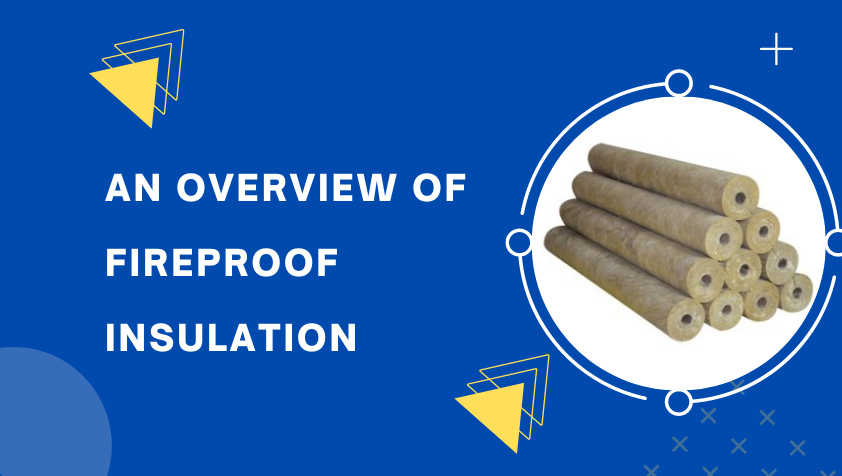Fireproof insulation is a vitally important material that can be used in a variety of different settings. It is used to protect materials from the effects of fire, preventing the spread of fire and protecting valuable possessions from the intense heat and flames. Fireproof insulation is available in a range of different forms, from lightweight foams to heavy-duty boards, making it suitable for a wide range of applications. In this article, we will look at the different types of fireproof insulation, their advantages, and how they can be used to protect your property.
The Acusfoc intends to provide the client with the option that best meets the requirements in Building and Industry for compliance with the Technical Building Code (CTE) and the Regulations Fire Safety in Industrial Establishments.
What is Fireproof Insulation?
Fireproof insulation is a material that is designed to resist the effects of fire. It is typically made from a wide range of different materials, such as glass fiber, rock wool, and polystyrene, and is designed to prevent the spread of fire and protect materials from the intense heat and flames. Fireproof insulation is available in a range of different forms, from lightweight foams to heavy-duty boards, and can be used in a variety of different settings.
Advantages of Fireproof Insulation
Fireproof insulation has a number of advantages over other forms of insulation. It is highly resistant to the effects of fire, meaning that it can help to protect valuable possessions from the intense heat and flames. It is also much more lightweight than other forms of insulation, making it easier to install and more cost-effective. Additionally, it is highly durable, meaning that it can last for many years without any need for replacement.
Types of Fireproof Insulation
There are a number of different types of fireproof insulation available. The most common type is mineral wool, which is made from rock wool or glass fiber. This type of insulation is highly resistant to fire and is often used in commercial and industrial settings. Another popular type of fireproof insulation is polystyrene, which is lightweight and easy to install. This type of insulation is often used in residential settings.
Applications of Fireproof Insulation
Fireproof insulation can be used in a variety of different settings. It is often used in commercial and industrial settings, such as factories, warehouses, and office buildings, to protect materials from the effects of fire. It is also commonly used in residential settings, such as homes and apartments, to provide additional protection against the spread of fire. Additionally, fireproof insulation can be used in vehicles, boats, and other forms of transportation to protect against the spread of fire.
Wrap Up
Fireproof insulation is an incredibly useful material that can be used to protect against the spread of fire and protect valuable possessions from the intense heat and flames. It is available in a range of different forms, from lightweight foams to heavy-duty boards, and can be used in a variety of different settings. Fireproof insulation is highly resistant to fire, lightweight, and highly durable, making it an ideal choice for protecting your property.
